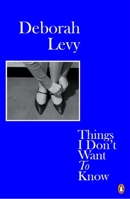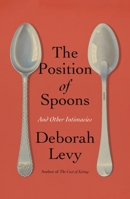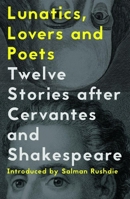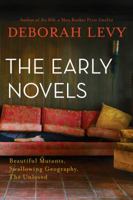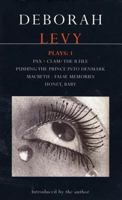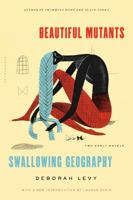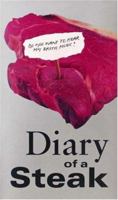The Need for Speed Caper
(Book #4 in the Carmen Sandiego Graphic Novels Series)
Select Format
Select Condition 
More by Deborah Levy
Book Overview
Adventure awaits in this full-color graphic novel, based on the Netflix series starring Gina Rodriguez. Take in all the action and excitement of Dubai and get a taste of geography, culture, and history with Carmen Sandiego--the world's greatest thief
Format:Paperback
Language:English
ISBN:0358452155
ISBN13:9780358452157
Release Date:June 2021
Publisher:Clarion Books
Length:144 Pages
Weight:0.57 lbs.
Dimensions:0.5" x 5.5" x 7.9"
Age Range:8 to 12 years
Grade Range:Grades 3 to 7
Customer Reviews
2 customer ratings | 2 reviews
There are currently no reviews. Be the first to review this work.
















